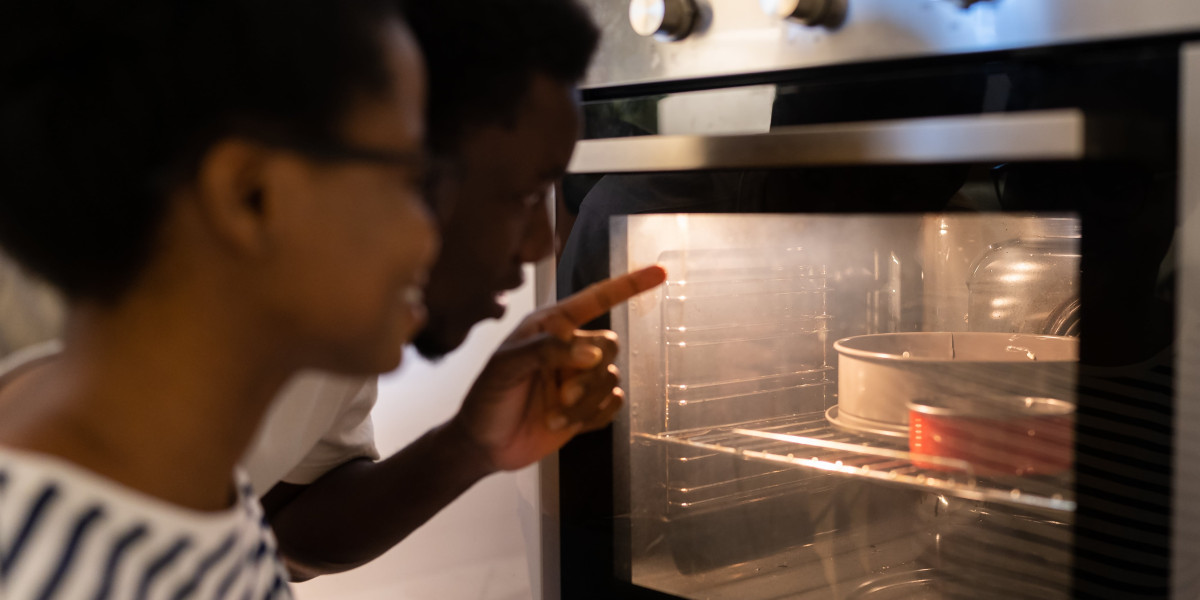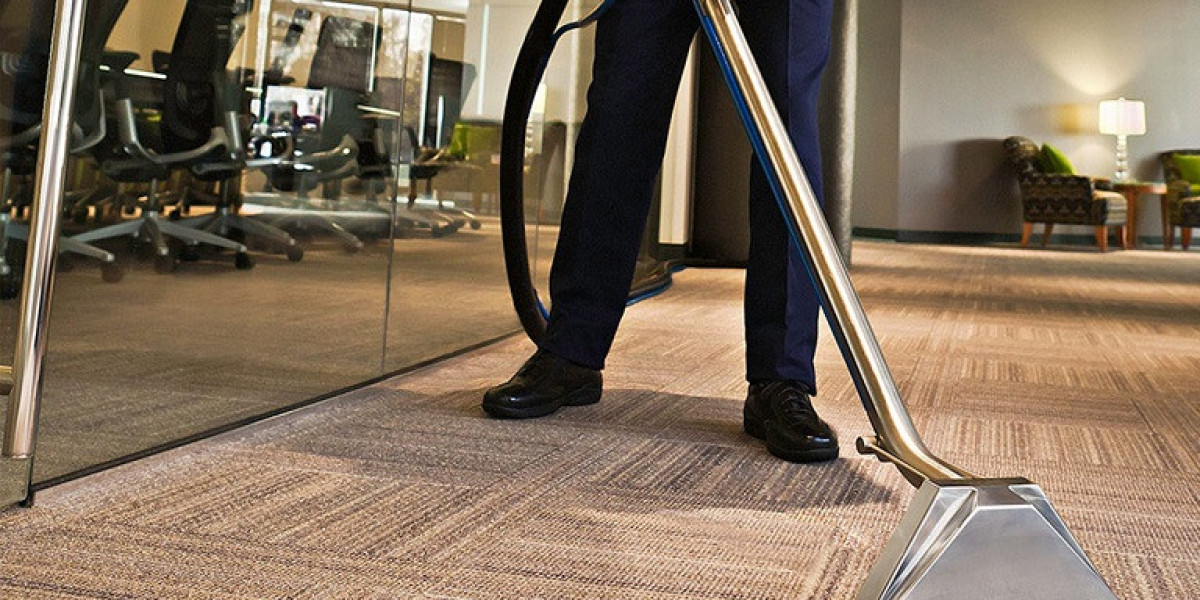
The Integrated Cooker: A Comprehensive Guide to Modern Cooking Solutions
The advancement of kitchen appliances has transformed cooking and cooking techniques, making meal preparation more effective and satisfying. Amongst these innovations, the integrated cooker sticks out as a versatile and space-saving addition to contemporary cooking areas. This short article explores the different aspects of integrated cookers, consisting of types, benefits, features, and a comparison with traditional cooking techniques.
What is an Integrated Cooker?
An integrated cooker is a compact cooking device that integrates multiple cooking functions into one unit. Typically built into kitchen cabinets, these cookers are designed to conserve area while improving kitchen looks. They generally integrate a range of performances, such as baking, barbecuing, steaming, and even pressure cooking.
Secret Features of Integrated Cookers
- Multi-Functionality: Integrated cookers can carry out various cooking tasks, removing the requirement for numerous appliances.
- Space-Saving Design: These cookers fit flawlessly into kitchen systems, making them ideal for modern homes with minimal space.
- Advanced Technology: Many integrated cookers come geared up with clever technology, such as programmable settings, touch-screen controls, and connection choices.
- Energy Efficiency: Built with modern-day materials and design, they frequently consume less energy compared to traditional cooking techniques.
Types of Integrated Cookers
The marketplace provides numerous kinds of integrated cookers, each with its unique set of features and performances. Here are the most common types:
| Type | Description | Example Use |
|---|---|---|
| Built-in Ovens | Ovens that are fitted into wall systems or kitchen cabinetry | Baking bread, roasting meats |
| Induction Hobs | Cooktops that utilize electromagnetic energy to heat pots and pans | Quickly boiling water, sautéing |
| Steam Ovens | Appliances that cook food utilizing steam for much healthier outcomes | Steaming veggies, fish |
| Microwave Ovens | Integrated microwaves for quick heating and cooking | Reheating leftovers, making popcorn |
| Combination Ovens | A mix of standard and steam cooking innovations | Baking while making sure wetness retention |
Advantages of Using Integrated Cookers
Integrated cookers provide a host of benefits over conventional cooking tools. Below are some of the essential benefits:
- Space Efficiency: Ideal for compact kitchens, integrated cookers utilize vertical areas efficiently.
- Streamlined Cooking Process: With several functions readily available, users can transition from one cooking approach to another with very little effort.
- Improved Aesthetics: Many integrated cookers come in streamlined designs that blend well with modern-day kitchen decoration.
- Improved Cooking Control: Programmable functions enable accurate cooking, making sure better meal results.
Integrated Cookers vs. Traditional Cooking Appliances
When considering meal preparation choices, it is essential to weigh the advantages of integrated cookers against conventional cooking appliances. Below is a comparison chart:
| Feature | Integrated Intergrated Cooker | Conventional Appliances |
|---|---|---|
| Area Efficiency | High | Lower |
| Multi-Functionality | Yes | No (needs several appliances) |
| Energy Consumption | Often lower | Can be higher |
| Cooking Speed | Faster (particularly with induction) | Varies |
| Design | Modern and streamlined | Varies widely |
The integrated cooker is a forward-thinking home appliance that fulfills the needs of today's busy way of life. Its multiplicity of functions, space-saving design, and streamlined visual appeals make it a beneficial financial investment for any modern kitchen.
For those seeking to save time, space, and effort in meal preparation, integrated cookers offer an excellent solution that enhances the cooking experience while providing tasty, well-prepared meals.
Regularly Asked Questions (FAQs)
1. What is the typical price of an integrated cooker?
The cost of integrated cookers can differ widely, typically ranging from ₤ 500 to ₤ 3,000 depending on functions, brand name, and size.
2. How much maintenance do integrated cookers require?
Upkeep often consists of regular cleaning of surface areas and looking for any software application updates if they include wise technology. It's a good idea to follow the manufacturer's standards.
3. Can I replace my existing oven with an integrated cooker?
Yes, integrated cookers can frequently change traditional ovens, but it is essential to seek advice from with an expert to ensure compatibility with your kitchen design.
4. Are integrated cookers difficult to set up?
Setup can be straightforward for those with DIY experience. Nevertheless, hiring a certified technician is advised to make sure appropriate setup.
5. Who benefits most from utilizing an integrated cooker?
Households, time-pressed people, and those residing in compact houses particularly benefit from the multi-functionality and space-saving design of integrated cookers.
In this age of convenience and performance, integrated cookers are redefining how we approach food preparation. Whether you are a skilled chef or a cooking newbie, incorporating this effective appliance into your kitchen can significantly improve your cooking experience.








